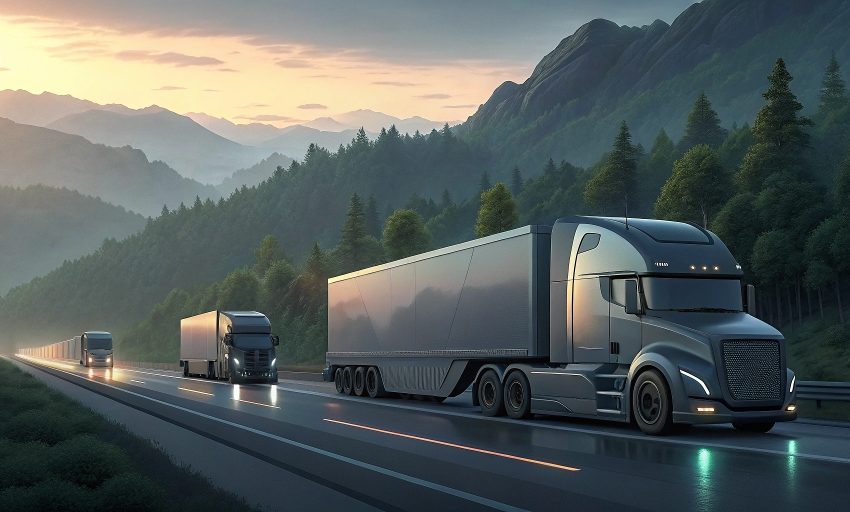What will the future bring us? Will we have smartphones connected to social networks or mobile network servers with virtual cab on four wheels? It is indisputable innovation in the vehicle is strongly influenced by information technology
For over 100 years, the automotive industry has been boosted by the steady advancement of engineering know-how. Whether it is the invention and optimization of the internal combustion engine or the current appearance of higher-performance electric motors, the best engineers and developers have set the tone for the automotive industry.

In the next few years, it seems that the data will be the oil that drives the industry. True differentiation is increasingly being realized through the interpretation and use of volumes of data measured in terabytes. Among other things, they make possible the optimization of production and logistics flows, validation of usage patterns, more accurate sales forecasts, a quantum leap in after-sales with proactive maintenance, autonomous driving ability, And early identification of trends using social media monitoring.
The current trend in the automotive industry is seen as the biggest shift from the transition of the horse-drawn carriage to the motor vehicle. Research budgets of manufacturers and suppliers are continuously increasing. The focus is on:
– Connectivity on the link between a particular vehicle and an individual smartphone, as well as sensors from other vehicles or road infrastructure
– alternative traction, particularly to reduce emissions of carbon dioxide to 95 grams of CO2 required for 2020 / 2021
– Industry 4.0 or, alternatively, the “Internet of things”, including the interconnection of machines and systems that are changing production flows and the supply of materials
– Answers to the changing values and attitudes overlaying mobility property vehicular. This implies both the activities of sharing the integrated vehicle with other forms of mobility as well as the creation of networks from the digital world with the traditional sales processes where the concessionaire.
Information Technology (IT) plays a key role in all issues. Increasingly, two tasks that could not be more different are emerging: first, the provision of standardized services as efficiently as possible, which allows significant savings in IT budgets. Second, the use of resources saved in future-oriented solutions, such as connectivity and the digitization of sales. Cross-border cooperation between the automotive and high-tech industries is the most pronounced in the fields related to innovation. Significantly faster new technologies and innovation cycles are giving rise to new collaborations as well as opportunities for new players in the automotive market. This is most evident in the current success of Tesla electric vehicles as well as interest in mobility data by Apple and Google.
From the point of view of experts, the income in the context of connected cars will rise to more than 100 billion euros by 2020. The aspirations of the market leaders of the high-tech industry and market relevance Make clear that the oil for continued development will be the data.
The next question is precisely what is intended, with the data of the customer / and the vehicle. The issues of data protection and security occupy with the increase of networks an even greater space.
The interest of non-industry actors such as Google also shows what social significance the car has: in the concepts of mobility in development, as well as in the connectivity and Internet of things where the car is kept in the center Of attention.
There have rarely been more exciting times to actively shape the development of our industry. Information Technology as well as its managers play a very important role in the process.


